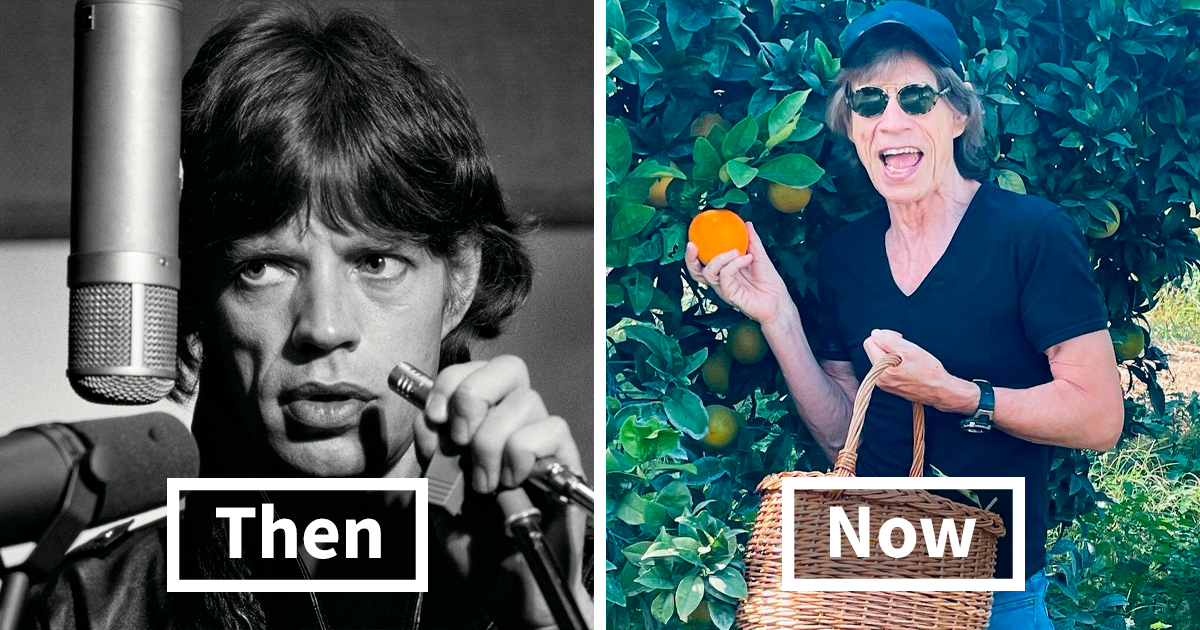· if so, you may want to pick up dean burnett’s book happy brain: · making happy happen in your brain when you understand what’s going on in your brain, you can begin to influence it to your benefit. · our brain has a wellspring of self-produced neurochemicals that make us happy. They are faculty of science and technology, faculty of health sciences, faculty of management studies and faculty of humanities and social sciences. Where happiness comes from, and why. By understanding how these chemicals work on a basic level, we can better decide. You can stimulate more happy chemicals when you know the job they evolved to do and what causes their release for you. Neuroscience is a fascinating field, but, as burnett warns, it’s also a relatively. Heres a look at seven brain molecules linked to happiness. Academics at pokhara university “pokhara university offers diverse academic programs, fostering innovation, critical thinking, and career-ready skills. ” Pokhara university has four faculties. · the brain chemicals that make you happy (and how to trigger them) by kaia roman when we ask ourselves what makes us happy, we often think of the circumstances, possessions, or people in our lives. What makes us feel sensations of happiness, closeness, and joy? One group of hormones are nicknamed the feel-good hormones because of the happy and, sometimes, euphoric feelings they produce. There are many natural ways to increase levels of sertotonin, doamine, endorphins and oxytocin in your brain, including with diet, exercise, and by spending time with the people you care. There are four primary chemicals that can drive the positive emotions you feel throughout the day: Dopamine, oxytocin, serotonin, and endorphins (sometimes referred to as d. o. s. e. ). In reality, happiness is largely a chemical experience. These neurotransmitters include dopamine, serotonin, oxytocin, and endorphins. Pokhara university, the youngest university system operating full-fledged programs in the country, aims at producing human resources capable of working for the nation as well as the global community. · explore the neuroscience of happiness, including key neurotransmitters, brain regions, and practical strategies to boost mood and well-being. · the brain is home to seven self-produced neurochemicals that contribute to our happiness. Explore the neuroscience behind happiness and learn practical strategies to enhance your brains capacity for joy, improving your overall well-being and health. Four main neurochemicals, hormones, and neurotransmitters generated in the brain are fundamentally responsible for creating the sensations and emotions weve come to associate with happiness. · when we ask ourselves what makes us happy, we often think of the circumstances, possessions, or people in our lives. Office of the controller of examinations pokhara university, pokhara - 30, kaski, nepal. Burnett, a neuroscientist and standup comic, explores some of the inner workings of our brains to reveal how our neural networks support us in experiencing happiness so we can move forward in life and love. Pokhara university provides online services including admission applications, result checking, course registration, applications for degree certificates, academic transcripts, migration certificates, and provisional certificates, along with access to class schedules and fee payments. · so then, what’s the real cause of our happiness?
Mick Jaggers Impact A Remarkable Journey That Changed Music Forever
· if so, you may want to pick up dean burnett’s book happy brain: · making happy happen in your brain when you understand what’s...




